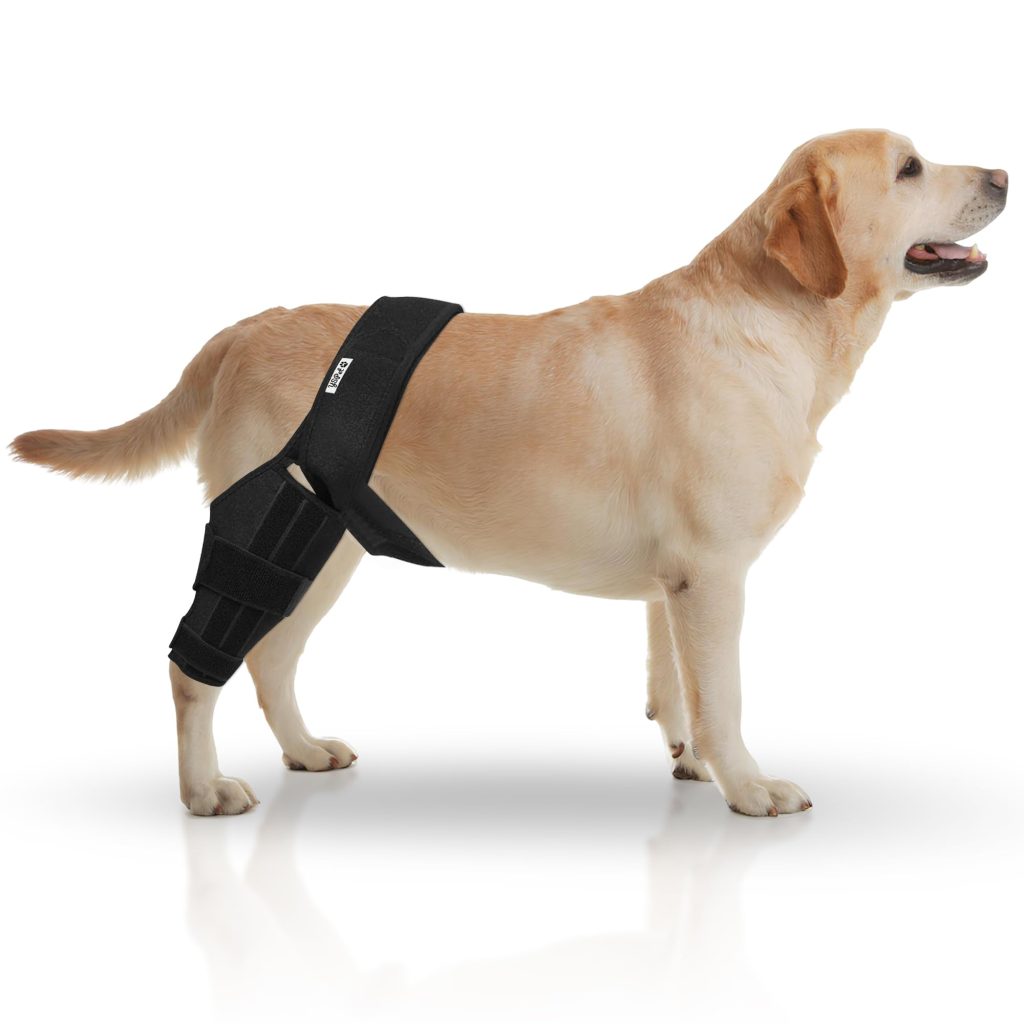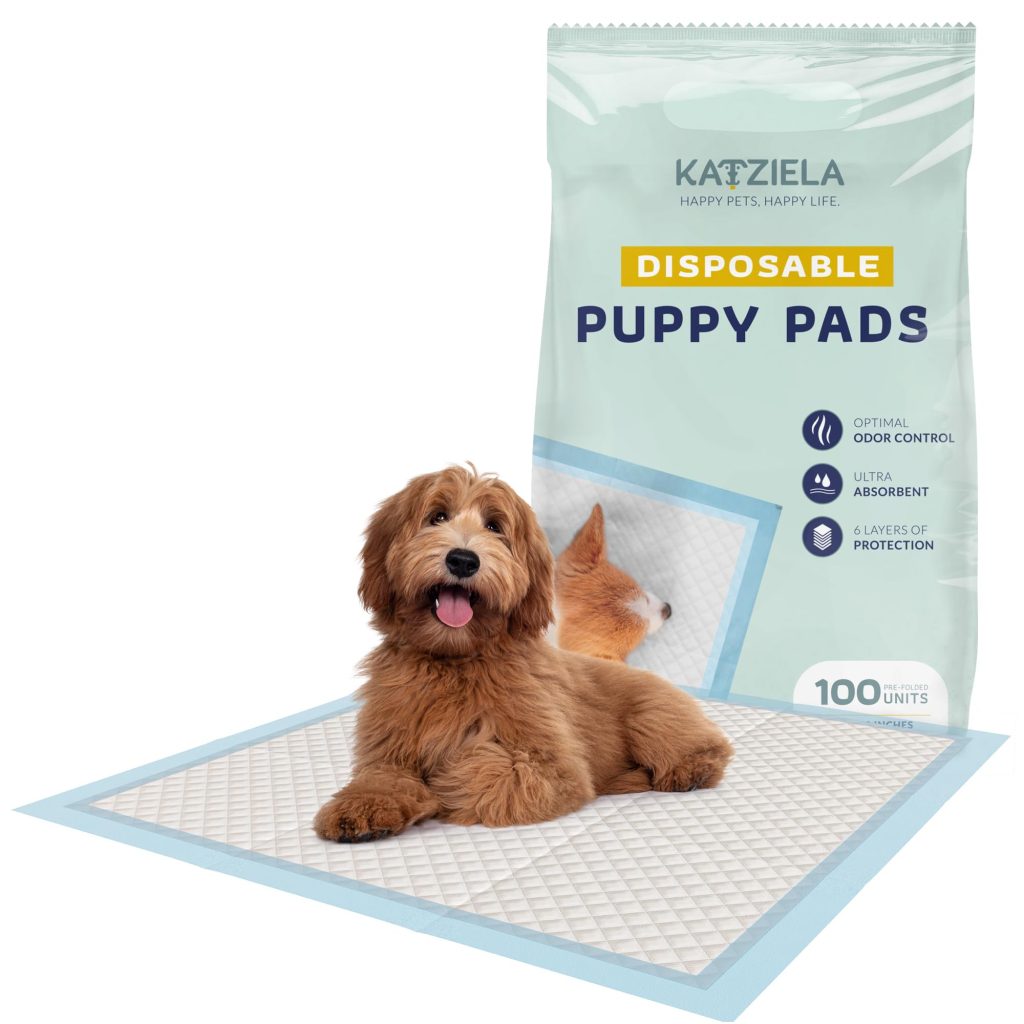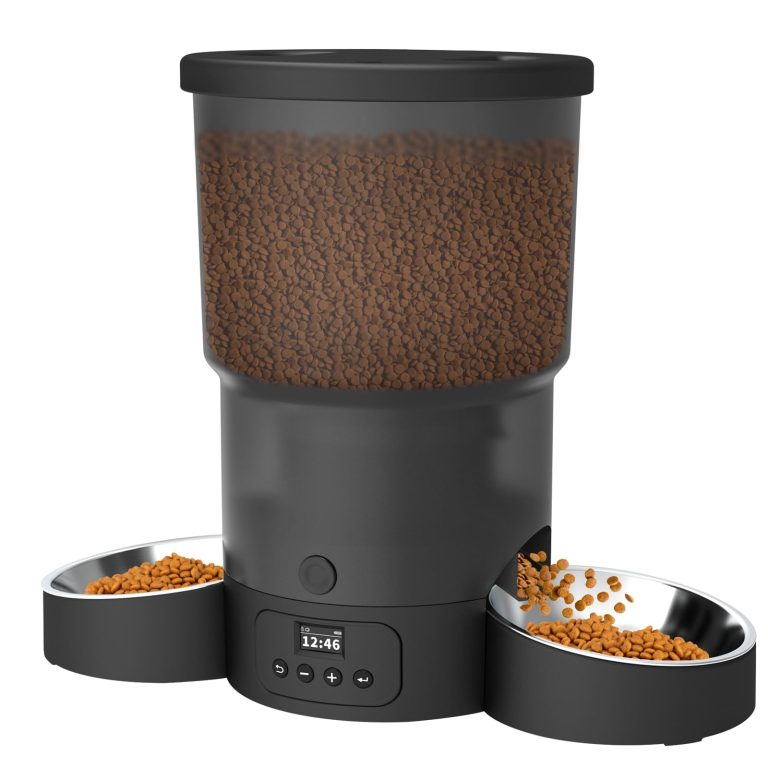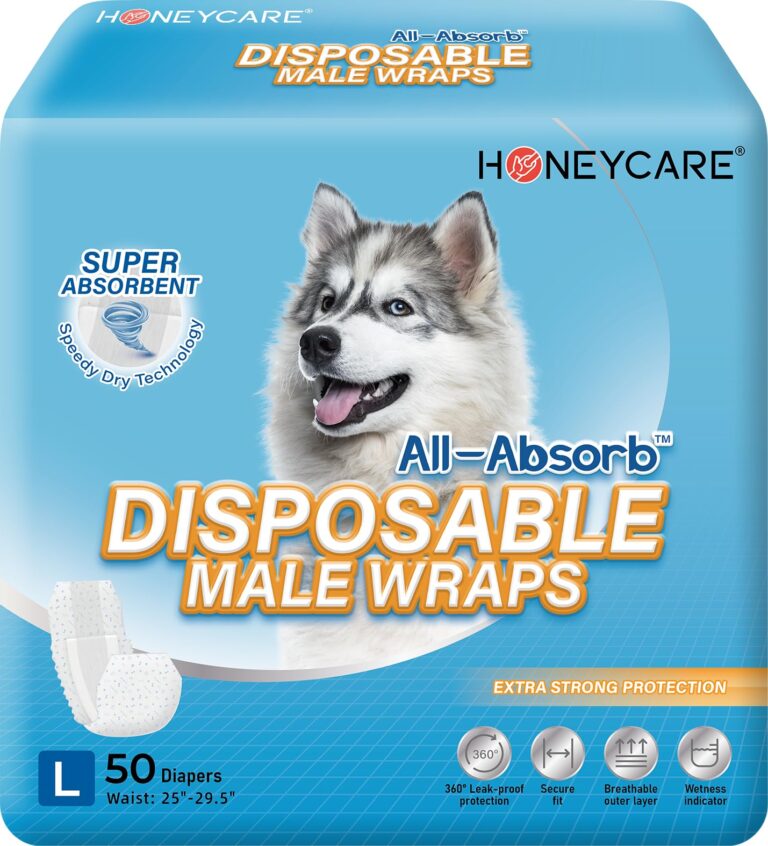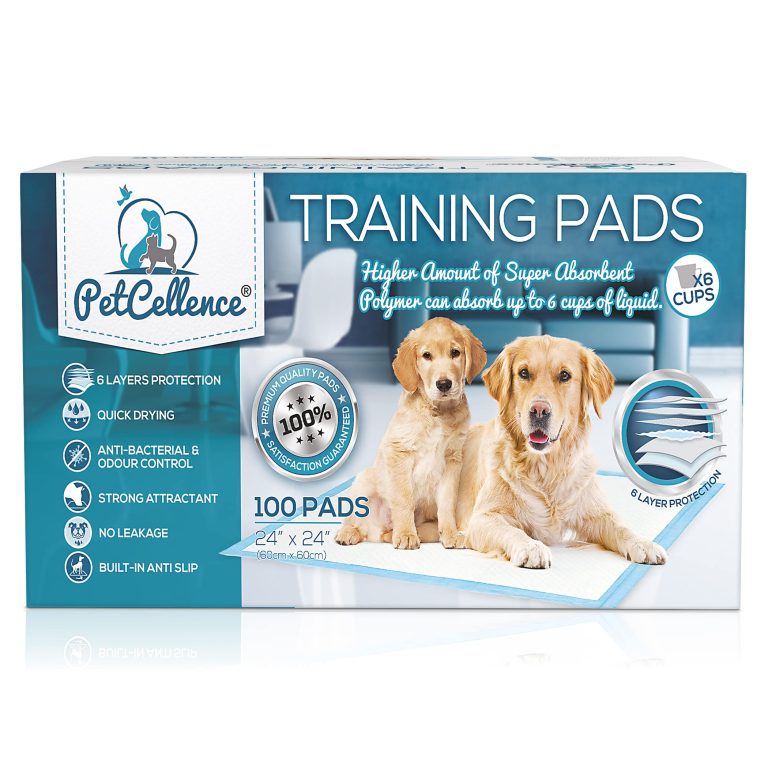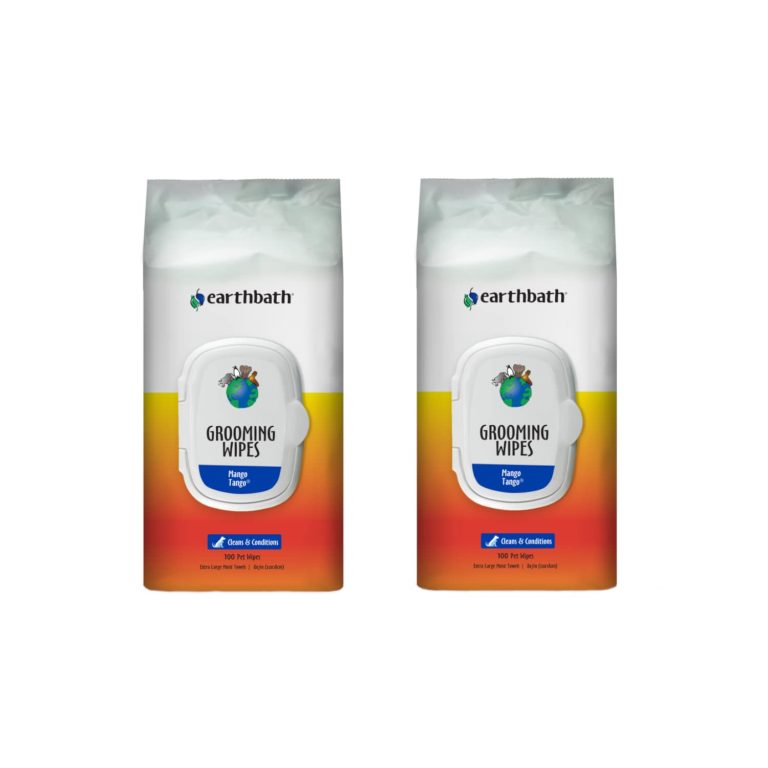Should You Include Eggs in Your Dog’s Diet?

Dogs are beloved members of our families, and ensuring their good health is a top priority for many pet owners. One essential aspect of canine nutrition that often sparks debate is whether or not to include eggs in a dog’s diet. Eggs are highly nutritious and offer a range of benefits, but it’s important to ponder the overall dietary needs of your dog and their specific life stage and breed.
Balanced Diet Essentials
A balanced diet is important for a dog’s overall health and well-being. It provides them with the necessary nutrients their bodies need to function optimally. A balanced diet typically consists of proteins, carbohydrates, fats, vitamins, and minerals. Dogs are omnivores, which means they can digest both plant and animal matter, making it important to include a variety of nutrient sources in their diet.
Protein
Protein is an essential nutrient for dogs and should make up a significant portion of their diet. It helps build and repair tissues, supports a healthy immune system, and provides energy. Good sources of protein include lean meats like chicken, turkey, and fish. Eggs are also an excellent source of high-quality protein for dogs.
Carbohydrates
Carbohydrates provide dogs with energy and fiber. However, it is important to choose carbohydrates that are easily digestible for dogs. Opt for complex carbohydrates like sweet potatoes, brown rice, and oats over simple carbohydrates like white rice or corn syrup.
Fats
Fats are a concentrated source of energy and provide essential fatty acids that support various bodily functions. Including healthy fats in your dog’s diet is essential for their overall health. Good sources of healthy fats include fish oil, olive oil, and coconut oil.
Vitamins and Minerals
Vitamins and minerals are essential for a range of bodily functions, including maintaining a healthy immune system, supporting bone health, and ensuring proper growth and development. While commercial dog foods are often fortified with vitamins and minerals, it is always a good idea to consult your veterinarian to ensure your dog is getting the necessary nutrients.
Dietary Needs for Different Life Stages and Breeds
When determining what to include in your dog’s diet, it is important to consider their unique dietary needs based on their life stage and breed. Puppies, adult dogs, and senior dogs have varying nutritional requirements.
Puppies
Puppies have higher energy requirements compared to adult dogs due to their rapid growth and development. It is essential to provide them with a diet this is rich in protein and healthy fats to support proper growth. Eggs can be a valuable addition to a puppy’s diet as they are highly nutritious.
Adult Dogs
Adult dogs generally have lower energy requirements than puppies. Ensuring that they maintain a healthy weight is important to prevent obesity-related health issues. A balanced diet that includes lean proteins, moderate carbohydrates, and healthy fats is perfect. Eggs can be incorporated into an adult dog’s diet as a protein-rich treat or as a regular addition to homemade meals.
Senior Dogs
Senior dogs often have lower energy levels and may require special dietary considerations. As they age, their metabolism slows down, and they may be prone to weight gain or certain health conditions. It is important to consult with your veterinarian to determine the best diet for your senior dog. Eggs can be included as part of a balanced senior dog diet, providing them with essential nutrients while being easy to digest.
Homemade Diet Options
Some pet owners prefer to prepare homemade meals for their dogs to ensure they have complete control over their nutrition. If you choose to do this, there are important factors to think.
1. Consult with a Veterinarian: Before starting a homemade diet for your dog, it is important to consult with a veterinarian or a veterinary nutritionist. They can help you create a well-balanced diet that meets your dog’s specific nutritional needs.
2. Include a Variety of Ingredients: A balanced homemade diet should include a variety of protein sources, carbohydrates, and healthy fats to ensure your dog gets the necessary nutrients. Including eggs in the diet can provide essential amino acids, vitamins, and minerals.
3. Proper Food Handling and Preparation: When cooking for your dog, it’s important to properly handle and prepare the ingredients to minimize the risk of foodborne illnesses. Avoid using excessive seasonings or ingredients that may be toxic to dogs, such as onions or garlic.
Eggs can be a valuable addition to a dog’s diet, providing them with high-quality protein and essential nutrients. However, it’s important to consider the overall dietary needs of your dog and their specific life stage and breed. A balanced diet that includes a variety of nutrient sources is important for their health and well-being. Whether you choose to feed commercial dog food or opt for a homemade diet, consulting with a veterinarian or veterinary nutritionist is essential to ensure your dog’s nutritional needs are met.
